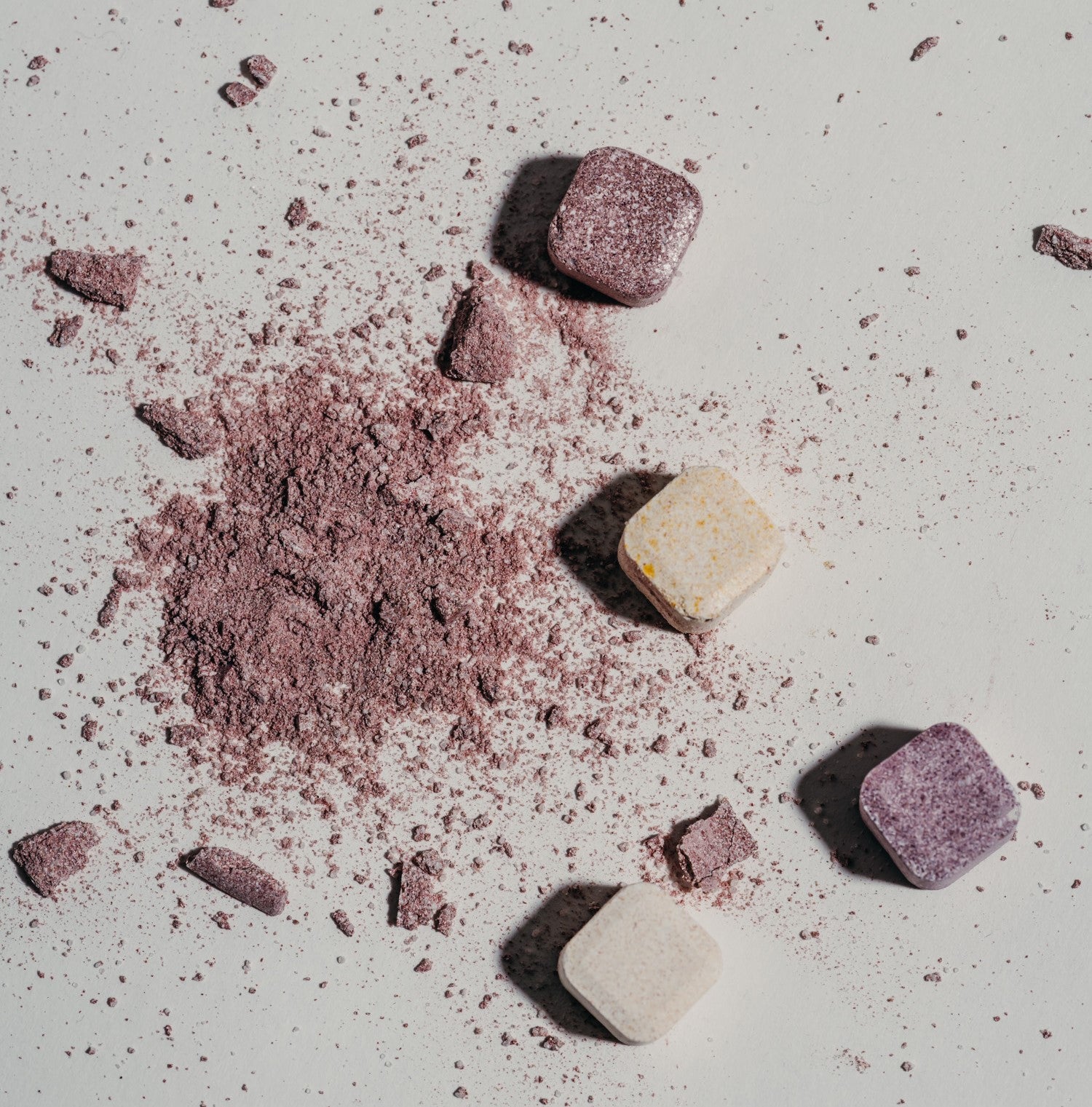At a time when additional sugar intake is at the forefront of public concern, sugar-free drinks and food have garnered widespread appeal, promising guilt-free sweetness with the use of low-calorie additives, better known as sweeteners. Simply put, a sweetener is a catch-all term which, in form, can be either natural or artificial. Whereas natural sweeteners may be both nutritive and flavorsome, non-nutritive sweeteners are commercially derived, taking precedence with their little to no calorie value, making them commonplace ingredients in food, drinks, and surprising to most, daily essentials such as toothpaste.
The rise and rise of sweeteners has, in part, been influenced by the success of soda taxes. Recent years have seen such states as California and Illinois evidence a positive correlation between soda tax and people consuming less sugar¹. A meta-analysis published in 2021 found that five cities in America saw the demand for sugary drinks fall by 20% when lobbying against sugar². Of these cities, Berkeley, California was one of the first in the US to tax sugary drinks, charging $0.01 per ounce of sugar³. To-date, sweetened drinks remain the single largest source of added sugar, with many advocating for an extension of such taxes.
Since 2018, no further soda taxes have been passed.
One such sweetener to challenge the use of refined sugar is stevia. Herbal as opposed to artificial, stevia is a plant that is a member of the chrysanthemum family and touted as a safe alternative to sugar that has few negative health effects when directly linked to that of refined sugar.
Valued most for its sweet taste, stevia can be found in two primary forms:
- Green Leaf Stevia: the least processed form of stevia (30-40 times sweeter than sugar).
- Stevia Leaf Extracts: Up to 350 times sweeter than sugar.
As more research emerges, more benefits to using stevia come to light. Let us explore some in more detail.
1. Blood Sugar Levels
One of the most important biological effects of stevia is that it does not contribute to increased blood sugar levels when compared to refined sugar⁴. Unlike artificial sweeteners, and of course, sugar, stevia’s herbal properties can not only suppress blood sugar levels, but stabilize them whilst increasing glucose tolerance.
2. Blood Pressure
Stevia is known to act as a vasodilator, causing the blood vessels to widen and subsequently help to lower blood pressure⁵. With reference to the recommended daily intake below, as with everything health-specific, caution should be taken if using stevia with the sole intention of lowering blood pressure. We recommend speaking to a medical professional before proceeding.
3. Young and Old
With research evidencing that sweeteners are safe to eat and drink on a daily basis, there is no age limit when consuming stevia. With a recommended daily intake of 4 mg per kilogram of body weight for both children and adults⁶, when used correctly, stevia can help prevent adverse health risks associated with sugar consumption, such as heart disease, high cholesterol levels, and obesity.
In addition, stevia does not pose any risks during pregnancy or whilst breastfeeding⁷.
4. Zero Calories
Stevia is a non-nutritive sweetener. This means that stevia holds no nutritional value on its own, therefore little to no carbohydrates, and subsequently, no calories—despite its strengths of sweetness. And because stevia takes a number of forms—tablets, powders and liquid—it can, when used as part of a well-rounded diet, be a tool that can aid weight loss⁸.
5. Cancer
Simply put, evidence has shown that sweeteners, such as stevia, do not increase the risk of cancer. The properties of stevia’s derivatives (as a plant) have revealed a multitude of benefits to human health, among them are its anti-cancer properties⁹—further ruling no direct correlation to causing cancer.
It’s a fact: we know we need to cut down on sugar. But, at a time when ultra-processed foods and sugary drinks are so readily-available, what stevia, among other sweeteners, has proven is that you can still consume sweetness without consequences when compared to that of refined sugar. A lasting pleasure that, in essence, people can realistically hold onto.
Sources:
¹ https://p3rc.uic.edu/wp-content/uploads/sites/561/2021/09/Rvw-Meta-Anal-Impct-Lcl-US-SSB-Taxes-Demand_Rsrch-Brf-No.-121_Aug-2021.pdf
² https://www.theguardian.com/environment/2022/nov/12/big-soda-industry-lobby-fight-ban-soda-taxes
³ https://www.hsph.harvard.edu/nutritionsource/healthy-drinks/sugary-drinks/
⁴ https://www.ncbi.nlm.nih.gov/pmc/articles/PMC2900484/
⁵ https://pubmed.ncbi.nlm.nih.gov/25412840/
⁶ https://www.fda.gov/food/food-additives-petitions/additional-information-about-high-intensity-sweeteners-permitted-use-food-united-stateshttps://www.fda.gov/food/food-additives-petitions/additional-information-about-high-intensity-sweeteners-permitted-use-food-united-states
⁷ https://www.ncbi.nlm.nih.gov/pmc/articles/PMC4229159/
⁸ https://www.esht.nhs.uk/wp-content/uploads/2019/01/0710.pdf
⁹ https://www.ncbi.nlm.nih.gov/pmc/articles/PMC8874712/
Disclaimer: All links were accessed 10-20 February 2023. The information provided in this article is based on the facts available at the time.






















